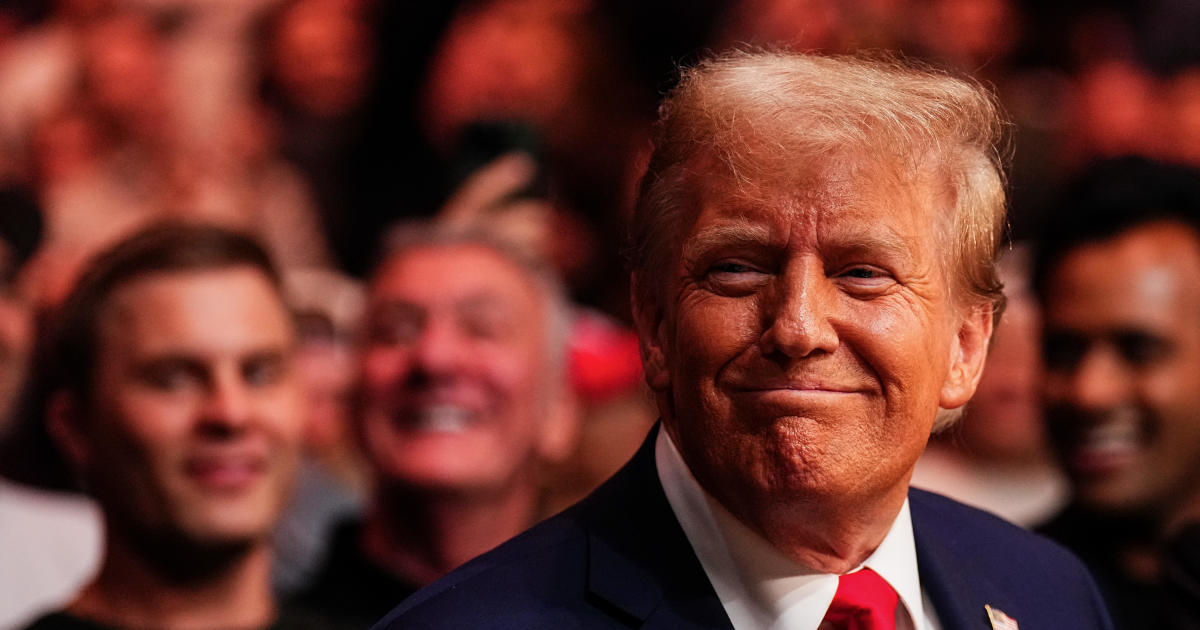Special counsel Jack Smith made a significant decision on Monday to end his pursuit to revive the case against President-elect Donald Trump, which stemmed from allegations of mishandling sensitive government documents. This move marked the closing of a historic and unprecedented legal battle against the nation’s 45th and 47th president.
In a filing submitted to the U.S. Court of Appeals for the 11th Circuit, Smith referenced Trump’s recent electoral victory over Vice President Kamala Harris in the November presidential election. He also cited a longstanding Justice Department policy that prohibits the prosecution of a sitting president. The case had been dismissed earlier in the year by U.S. District Judge Aileen Cannon, who ruled that Smith’s appointment was unlawful. Although the special counsel appealed this decision, he has now requested the 11th Circuit to dismiss his appeal.
Furthermore, in a separate filing related to another case involving Trump, which pertained to an alleged scheme to overturn the 2020 election, Smith made a similar request to dismiss the charges. This request, submitted to a federal judge in Washington, D.C., was granted following consultation with the Justice Department’s Office of Legal Counsel. Trump’s spokesperson, Steven Cheung, hailed the Department of Justice’s decision as a victory for the rule of law and expressed eagerness to unite the country.
The federal judge overseeing the 2020 election case promptly agreed to drop the charges against Trump after Smith filed his request. This marked the conclusion of months of prosecution against the president-elect. While the charges against Trump were dismissed, the appeal will proceed for his co-defendants, Walt Nauta and Carlos de Oliveira, as they do not benefit from the same temporary immunity as the president-elect.
De Oliveira’s lawyer, John Irving, criticized the special counsel’s decision to continue pursuing the case against his client, expressing confidence in De Oliveira’s eventual acquittal. Trump became the first former president to face federal charges when he was indicted in June 2023 after FBI agents conducted a search of his property in South Florida and discovered classified documents that he had retained after leaving office in January 2021.
Following the search of Mar-a-Lago, Trump launched a legal battle that resulted in the appointment of an independent arbiter to review the seized material. However, the 11th Circuit later ordered an end to this review process. Smith was appointed by Attorney General Merrick Garland to lead the investigation into Trump’s handling of government records and subsequently pursued charges against the president-elect for unlawfully retaining national defense information and obstructing the Justice Department’s probe.
Trump, along with his co-defendants, pleaded not guilty to all charges, with the president-elect claiming that the prosecution was politically motivated to undermine his candidacy for a second term. Prosecutors presented evidence showing how Trump stored classified documents at Mar-a-Lago and engaged in deceptive tactics to impede the investigation. Cannon initially set a trial date for May 20, 2024, but postponed the proceedings shortly before they were scheduled to commence.
The president-elect and his legal team made various attempts to have the case dismissed on grounds of selective prosecution, presidential immunity, and unconstitutional appointment of the special counsel. Ultimately, Cannon ruled in Trump’s favor, ordering the dismissal of the case in July. Despite this, Smith appealed the decision to the 11th Circuit, leading to ongoing legal proceedings.
The documents case was just one of two cases brought against Trump by Smith. The other case, based in Washington, D.C., involved allegations of an attempt to subvert the 2020 election transfer of power. Trump faced charges in this case and argued for presidential immunity to shield him from prosecution. Additionally, he faced charges in Fulton County, Georgia, and New York City, with the New York case resulting in his conviction on 34 felonies.
As the legal battles continued, Trump’s bid for re-election cast a shadow over the prosecutions, with expectations that federal cases would be dropped if he won a second term. However, with Smith’s decision to end both cases against the former and next president, a significant chapter in American legal history comes to a close.
Following the resolution of these cases, Smith is expected to file a final report with the attorney general, as per special counsel regulations. Garland has committed to publicly releasing all special counsel reports completed during his tenure, including Smith’s. However, concerns arise regarding the timing of the report’s disclosure, especially if delayed into the Trump administration, as the president-elect intends to nominate his defense attorneys to key positions within the Justice Department.
Todd Blanche and Emil Bove, who represented Trump in the federal cases, are set to assume prominent roles within the Justice Department under the president-elect’s administration. Trump’s nomination of Pam Bondi as attorney general further underscores his commitment to shaping the department’s leadership. The release of Smith’s findings may face uncertainty under the incoming administration, raising questions about transparency and accountability.
In conclusion, the conclusion of the legal battle against President-elect Donald Trump signifies a pivotal moment in American politics and jurisprudence. The decision to end the prosecutions marks the end of a tumultuous chapter in the nation’s history, with implications for the rule of law, presidential accountability, and the future of the Justice Department. As the transition of power unfolds, the legacy of these legal battles will endure as a testament to the complexities of governance and the pursuit of justice.









